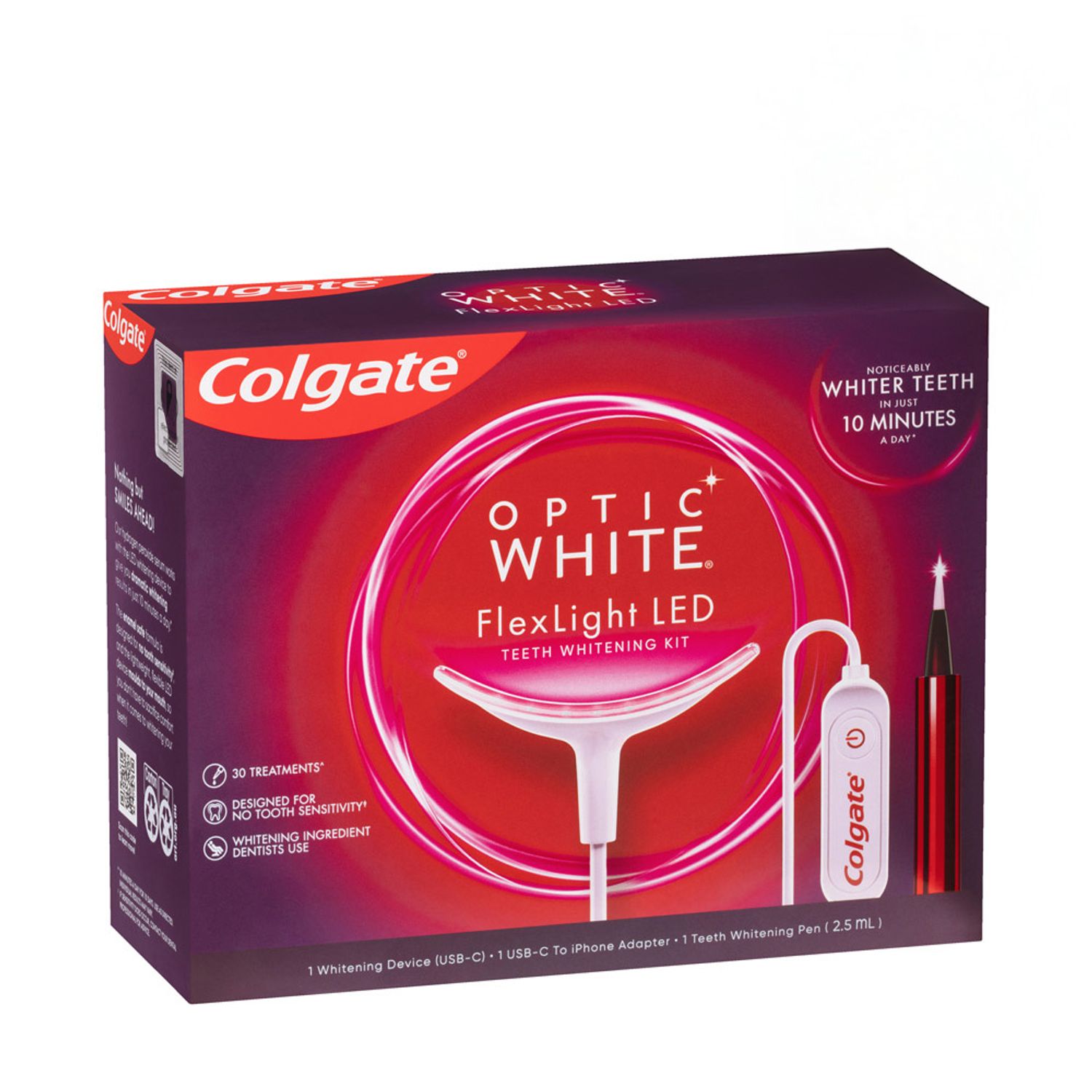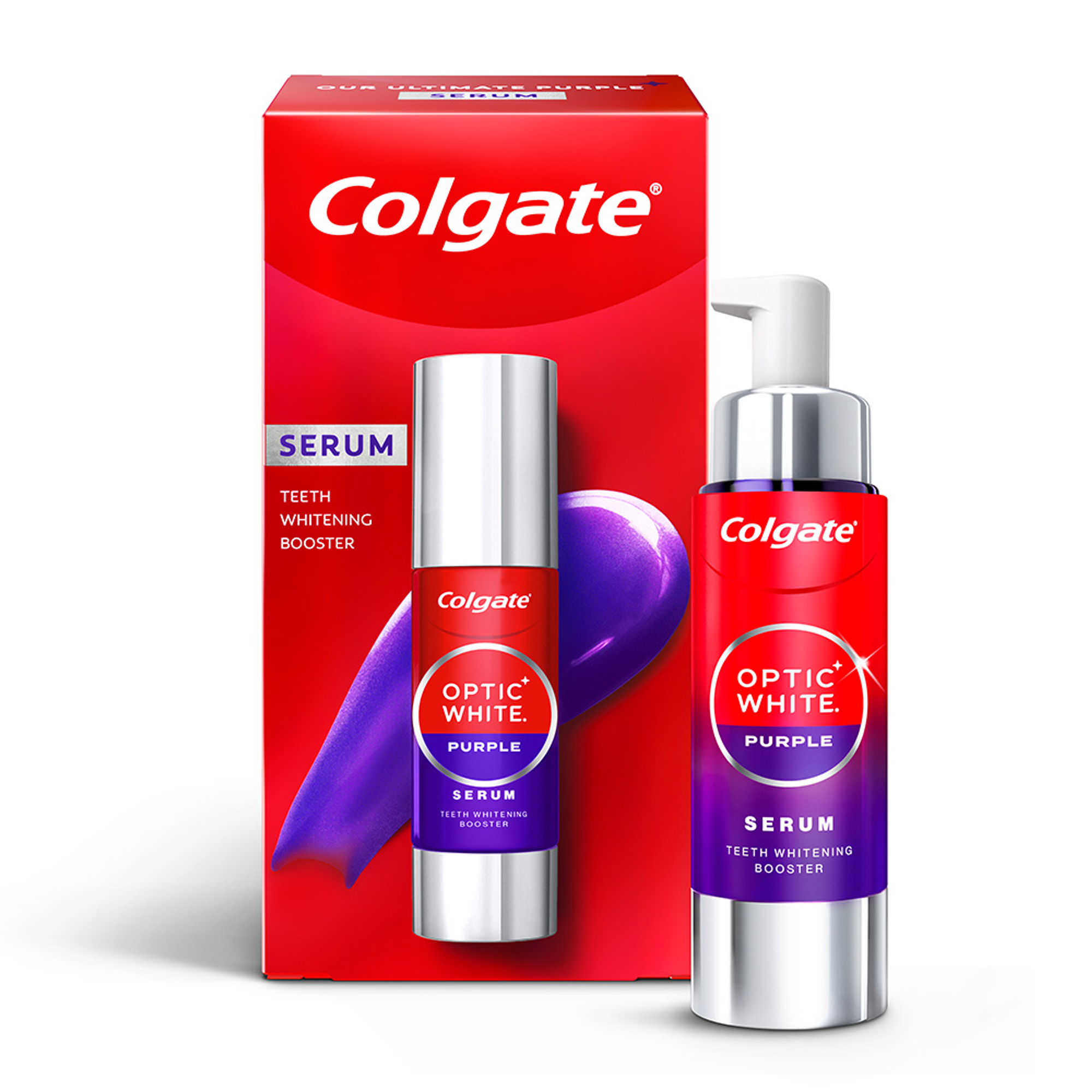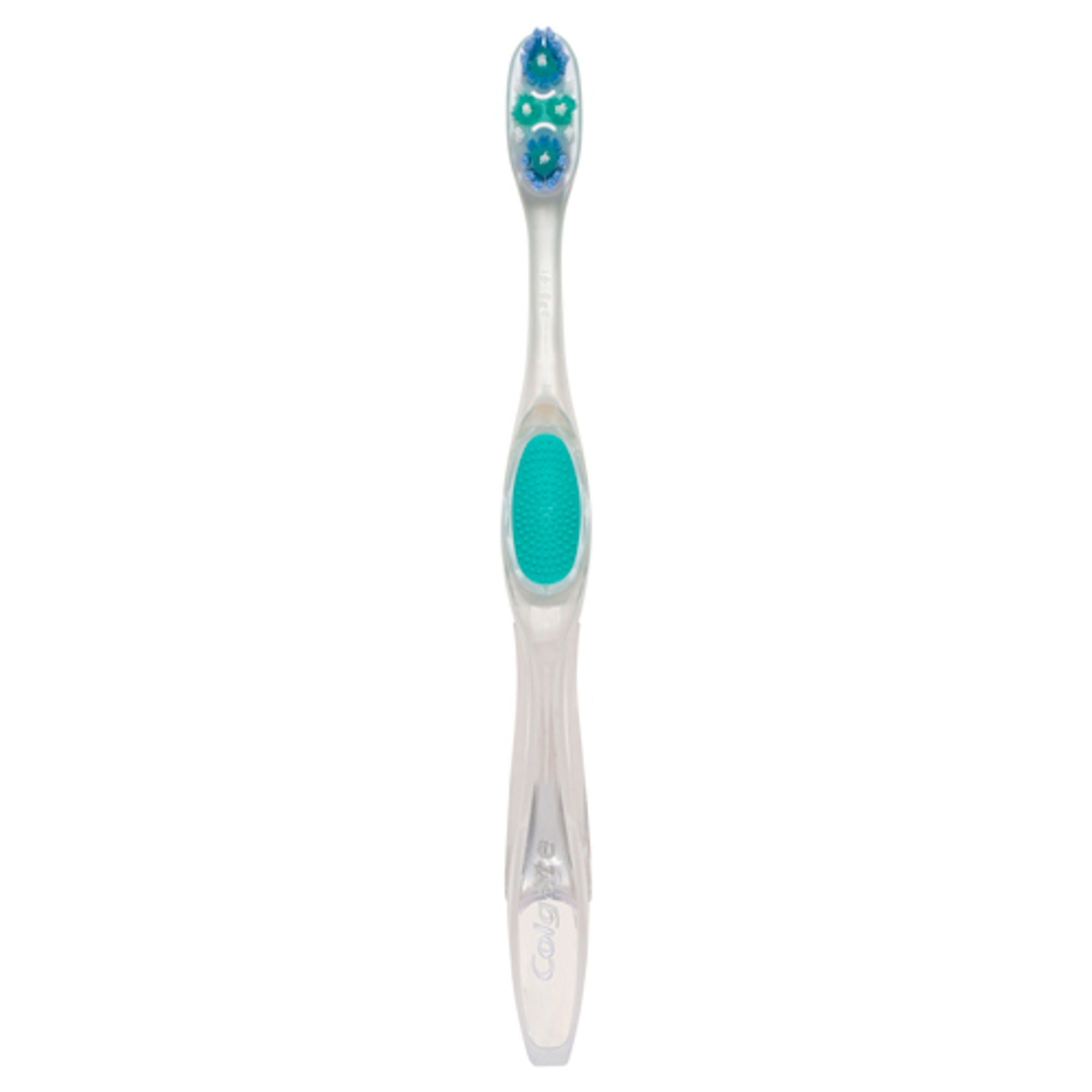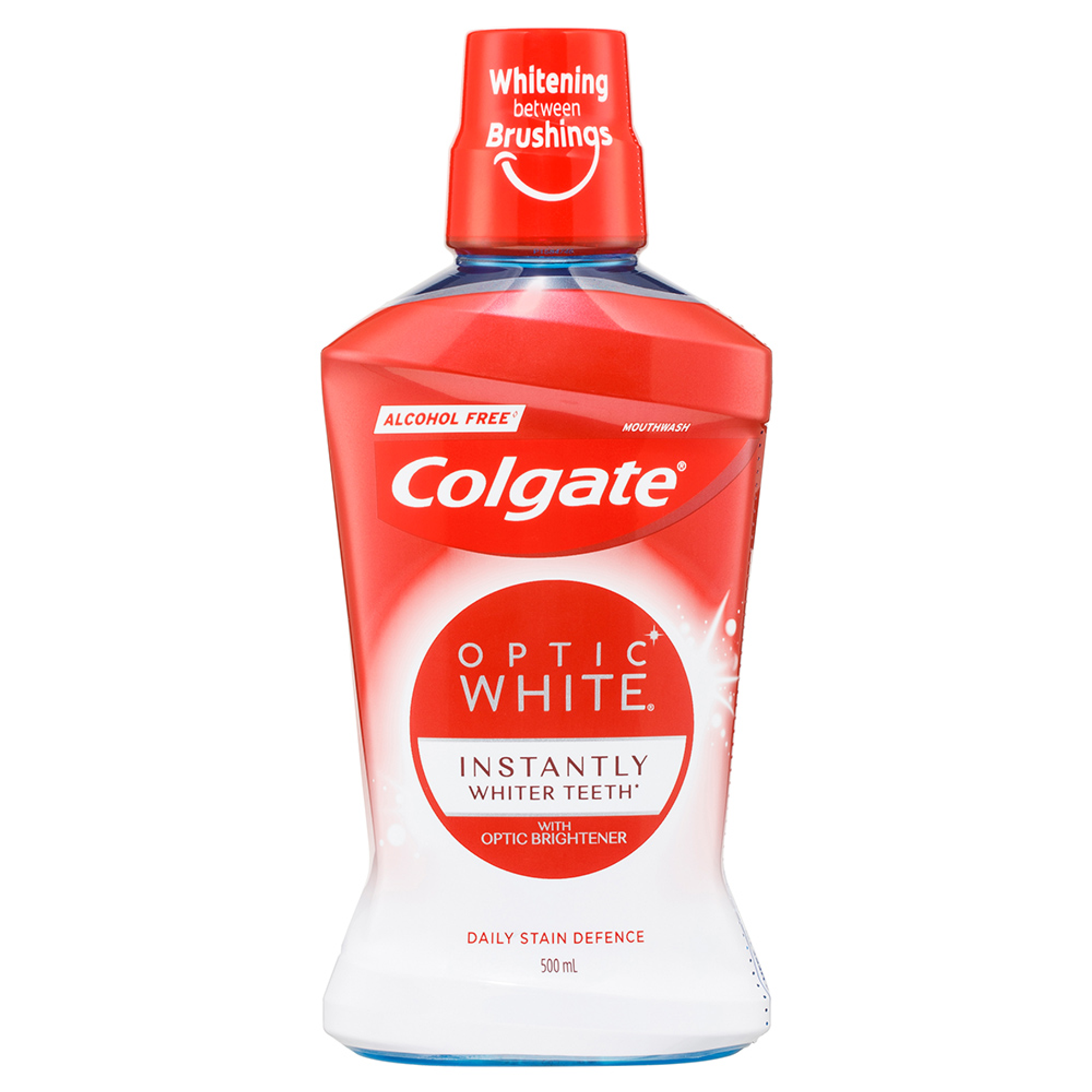-
-

BRUSHING & FLOSSING
How to BrushWhat Is the Right Way to Brush?
Proper brushing takes at least two minutes — that's right, 120 seconds!...

BRUSHING & FLOSSING
How To FlossWhat is the Right Way to Floss?
Proper flossing removes plaque and food particles in places where a toothbrush cannot easily reach... -
Science & Innovation
- Home
- Oral Health
- Sipping Hot Drinks This Winter? Here’s How To Keep Your Teeth Snow-White


When the colder weather sets in, many of us reach for a hot cup of tea or coffee. Unfortunately, these quintessent
Use A Straw
Sipping through a straw reduces the amount of liquid that comes into contact with your teeth. Keep it eco-friendly with a reusable straw, and be sure to let your drink cool a little first to avoid burning your mouth.
Alternate With Water
When you’re drinking a strongly coloured drink, alternate with sips of water to wash away the dark liquid and prevent stains setting in. Not only will you keep your teeth white, but you’ll also stay hydrated and make your hot drink last longer – win-win!
Brush And Floss
Plaque is a clear, sticky substance that builds up on the teeth and attracts stains like a magnet. To help keep plaque at bay and reduce your risk of developing cavities and gum disease, brush and floss twice a day.
Use A Fluoride Toothpaste
A whitening toothpaste with fluoride can help to keep your teeth strong and keep stains to a minimum.
Chew Sugar-Free Gum
Chewing gum stimulates saliva flow, which helps to neutralise acid and clear food and drink from your mouth. Pop some chewing gum after eating or drinking, but make sure it’s the sugar-free variety!
Ask Your Dentist About Tooth Whitening
If you find you still can’t keep stains at bay this winter, don’t give up on your favourite drinks just yet. Your dentist can advise you on the wide range of teeth whitening methods available, from at-home whitening products, to toothpastes and gels, to in-office procedures.
Follow these tips for a winter full of warm drinks and white smiles! And if you’re not a coffee drinker, remember these tips also apply to cold drinks like wine, grape juice and cola. With a little extra care, there’s no reason not to enjoy your favourites with a snow-white smile this winter.
Related Articles


LED teeth whitening is a new and impressive way to achieve brighter teeth. It uses LED lights to activate the whitening solution, resulting in whiter teeth in a shorter amount of time.

When you're on holiday, you don't want to slack off on your tooth-whitening or oral healthcare regime.
This article is intended to promote understanding of and knowledge about general oral health topics. It is not intended to be a substitute for professional advice, diagnosis or treatment. Always seek the advice of your dentist or other qualified healthcare provider with any questions you may have regarding a medical condition or treatment.
Related Products

Helping dental professionals
More professionals across the world trust Colgate. Find resources, products, and information to give your patients a healthier future








